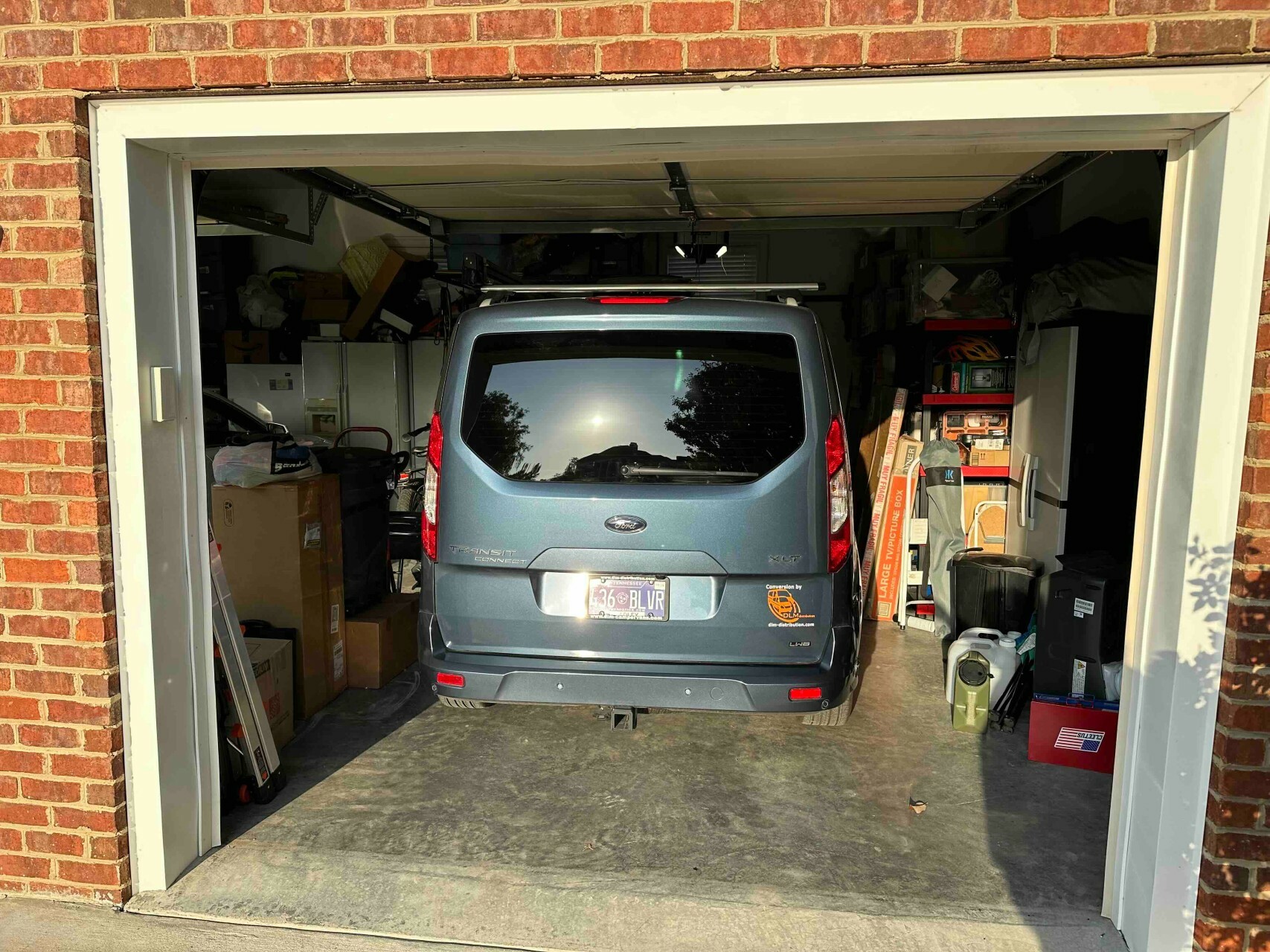NEWS
Homeowners' Associations (HOAs) are designed to maintain the look and feel of a community by enforcing rules that keep properties up to a certain standard. They often regulate everything from landscaping to noise levels, and yes, parking restrictions. But when it comes to enforcing parking rules on public streets, things get a bit tricky. Many people wonder: can an HOA enforce parking rules on public streets?
Understanding Public vs. Private Streets
Before diving into the details, it's important to clarify the difference between public and private streets.
~Public streets are maintained by the local municipality. They are open for use by the general public, and their regulations are set by the city or county government, not by a private entity like an HOA.
~Private streets, on the other hand, are typically maintained by the HOA itself or another private entity. In this case, the HOA can enforce its rules on parking, since the streets are not considered public property.
The question about parking restrictions usually arises when a home is located in a community where streets are public, yet the HOA has its own parking rules that might contradict local laws or seem overbearing.
The Short Answer: Generally No, But It Depends
In most cases, HOAs cannot enforce parking rules on public streets. The key reason is that public streets fall under the jurisdiction of the city or county, meaning local law enforcement has the authority to enforce parking restrictions like time limits, no-parking zones, or any other parking regulations. Unless the HOA has some sort of special arrangement with the local government, they don't have the legal authority to tell homeowners—or anyone, for that matter—how to park on streets owned by the municipality.
However, there are some circumstances where an HOA might have the power to indirectly influence parking on public streets.
When HOAs May Have Some Say in Public Street Parking
While HOAs can't outright enforce parking rules on public streets, there are a few scenarios where they might still have some influence:
1. Special Agreements with Local Governments
In rare cases, an HOA may enter into an agreement with the local government, allowing them to impose and enforce parking rules on public streets within the HOA community. This might happen in communities where local authorities don’t have the resources or desire to enforce parking regulations, leaving the HOA to take on the responsibility.
In these cases, homeowners should be informed of the agreement and any parking restrictions should be clearly outlined in the HOA’s governing documents.
2. Local Ordinances Aligning with HOA Rules
Some HOAs work in tandem with local ordinances. For instance, if the local government has a law against parking oversized vehicles, RVs, or trailers on public streets, and the HOA has a similar rule, homeowners may face penalties from both the local government and the HOA. In such cases, it’s not the HOA directly enforcing the rule on the public street, but the local government is upholding its ordinance, which happens to align with HOA rules.
Where the HOA’s Authority Does Apply
When it comes to enforcing parking rules within the community, the HOA has much more authority over areas like:
~Private Streets: If the streets are private, the HOA can absolutely enforce parking rules. They can control whether or not residents or guests can park there, and even issue fines for violations.
~Driveways and Common Areas: Many HOAs have strict regulations about how long vehicles can be parked in driveways, whether certain types of vehicles are allowed (like RVs or boats), and rules for parking in common areas like visitor parking lots.
~Garaged Vehicles: Some HOAs may have rules about using garages for parking rather than storage, ensuring that the community looks neat and that there’s enough parking for everyone.
How to Know What Rules Apply in Your Community
If you're curious about parking regulations in your HOA-managed community, the best place to start is with the HOA’s governing documents. This can include:
~The CC&Rs (Covenants, Conditions, and Restrictions): This is the main governing document that will outline parking rules and any other restrictions in the community.
~Bylaws: These often contain additional rules about community governance and operations, which could include parking enforcement.
~Municipal Codes: It's also worth checking the city or county ordinances regarding parking, as these will override HOA rules when it comes to public streets.
What Happens if There’s a Dispute?
If you find yourself in a conflict with your HOA over parking rules on a public street, it’s helpful to:
1) Check the Governing Documents: Make sure you understand both your HOA’s rules and the local ordinances.
2) Communicate with the HOA: Politely ask for clarification on why they believe they can enforce rules on a public street and request documentation if there's an agreement with the local government.
3) Consult a Lawyer: If the HOA continues to insist on enforcing parking rules they don’t have jurisdiction over, you might want to consult with an attorney who specializes in HOA or real estate law. Sometimes, just knowing your legal rights is enough to resolve the issue.
Conclusion
In most cases, an HOA does not have the authority to enforce parking rules on public streets. Public streets are typically regulated by local government entities, not private associations. However, exceptions do exist where special agreements or overlapping rules come into play. If you're unsure about your situation, reviewing your HOA's governing documents and local ordinances is the best first step to understanding your parking rights and obligations.
DLM-Distribution
Garageable Campervans for sale

DLM-Distribution / Campervans is a licensed manufacture and dealer located in Lake Crystal Minnesota serving clients around the country
Contact Dave: 651-285-7089 or Candy: 507-382-9446 today!
